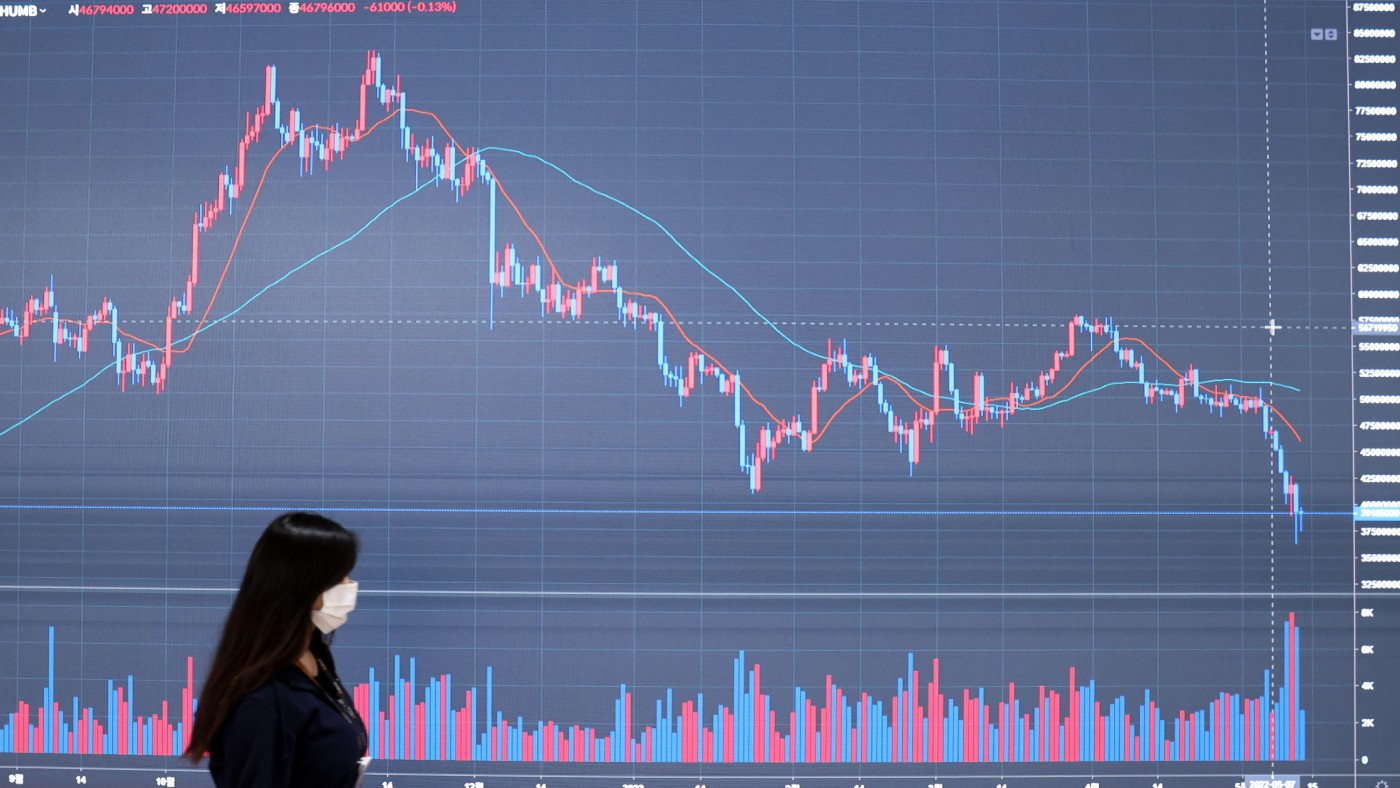Working from home: can it last?
As lockdown eases, the future of the office is more uncertain than ever

A free daily email with the biggest news stories of the day – and the best features from TheWeek.com
You are now subscribed
Your newsletter sign-up was successful
The “popular cliché” last year was that the pandemic would speed up existing business trends, said The Economist. But that hardly does justice to the “massive rupture” it has caused to office life. Before Covid, Americans were spending just 5% of their working time at home; by spring 2020 the figure had soared to 60%. And as lockdown eases that’s probably the future for most of us. Companies are happy with working from home (WFH) because staff are more productive and work longer hours. Employees relish the new work-life balance: a new survey by one of Britain’s biggest accountants, Grant Thornton, found that nine out of ten of its staff wanted to work most of the week from home. Some may never even see the inside of an office again. The bank JPMorgan announced last week that 10% of its 255,000-strong workforce won’t be returning to their desks; HSBC is working on a new deal for its call centre workers after 70% reportedly volunteered to continue with WFH.
But what works for some is misery for others, said Gene Marks in The Guardian. In a recent Microsoft survey, 37% of workers complained that their companies were “asking too much of them” when out of the office, and two-thirds “craved” more person-to-person time with colleagues. Alive to such concerns, Citigroup has announced “Zoom-free Fridays” to get people away from their screens, while LinkedIn is to give staff a week’s holiday to recover from the stresses of WFH. There’s a “generational divide” here, said Charlotte Pickles in the New Statesman. Staying home is all very well for the middle-aged executives with comfy home set-ups. It means no more long commutes, no more pesky requests from office juniors. But for those under 35 there’s no way “a kitchen table and noise-cancelling headphones” are a substitute for a decent workspace. And don’t be gulled into thinking WFH is all about satisfying the work-force. Shrinking costly office space is a handy way for companies to boost the bottom line.
Actually, some of the big tech companies that first championed remote working are thinking twice about it, said James Clayton on BBC News. Google has announced that from September, employees wanting to work from home for more than 14 days will require special permission; Amazon says it plans to return to an “office-centric culture as our baseline”. Frankly, that can’t happen soon enough, said Matthew Lynn in The Daily Telegraph. Eventually, WFH becomes a “sterile” experience: those able to think creatively in solitude tend to be artists, not “commercially minded executives”. Goldman Sachs boss David Solomon has described WFH as an “aberration”. He’s undoubtedly right.
The Week
Escape your echo chamber. Get the facts behind the news, plus analysis from multiple perspectives.

Sign up for The Week's Free Newsletters
From our morning news briefing to a weekly Good News Newsletter, get the best of The Week delivered directly to your inbox.
From our morning news briefing to a weekly Good News Newsletter, get the best of The Week delivered directly to your inbox.
A free daily email with the biggest news stories of the day – and the best features from TheWeek.com
-
 How to Get to Heaven from Belfast: a ‘highly entertaining ride’
How to Get to Heaven from Belfast: a ‘highly entertaining ride’The Week Recommends Mystery-comedy from the creator of Derry Girls should be ‘your new binge-watch’
-
 The 8 best TV shows of the 1960s
The 8 best TV shows of the 1960sThe standout shows of this decade take viewers from outer space to the Wild West
-
 Microdramas are booming
Microdramas are boomingUnder the radar Scroll to watch a whole movie
-
 What is hepeating?
What is hepeating?In the Spotlight ‘Many women’ recognise this harmful workplace behaviour and various studies show evidence of it
-
 The return of the World Economic Forum in Davos
The return of the World Economic Forum in DavosIn the Spotlight Does the annual gathering of the global business elite have any relevance, when globalisation is in swift retreat?
-
 Cryptocurrencies: luna’s death spiral
Cryptocurrencies: luna’s death spiralIn the Spotlight A vicious crash has shaken confidence in the entire crypto ecosystem
-
 Elon Musk’s Twitter takeover: trouble for Tesla?
Elon Musk’s Twitter takeover: trouble for Tesla?In the Spotlight It’s hard to find a solid business case for the billionaire’s buyout of the social media platform
-
 Disney vs. conservatives: the latest chapter of the war on ‘woke’
Disney vs. conservatives: the latest chapter of the war on ‘woke’In the Spotlight No doubt company is becoming increasingly political, in a way that rankles with many people
-
 ‘Rocking the boat’: the disgrace of P&O Ferries
‘Rocking the boat’: the disgrace of P&O FerriesIn the Spotlight Stern action is needed to counter companies who believe breaking the law is justifiable
-
 Russia and China: long battle over debt and tension in the markets
Russia and China: long battle over debt and tension in the marketsIn the Spotlight While a Russian debt default is deemed manageable, the embroilment of China may not be
-
 Russia-Ukraine war: the oil and commodities shock
Russia-Ukraine war: the oil and commodities shockIn the Spotlight Fears of shortages and soaring prices are roiling markets globally, with no let up in sight